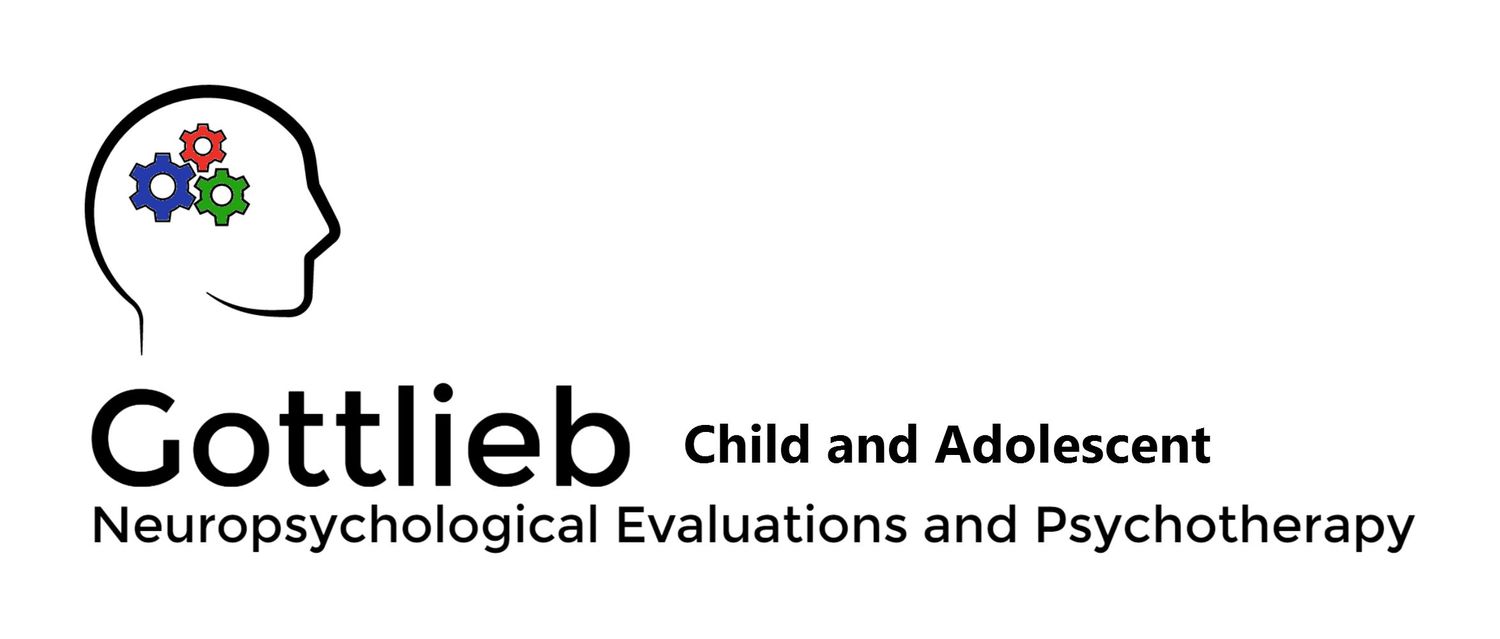Is your Teen Experiencing “Adolescent Angst”, End of the Quarter Stress, or Something More?
/
It’s that time of year when many people, including teenagers and pre-teens, feel tired, irritable, upset, or blue. For many adolescents, it is also a time of academic stress, as the second quarter comes to a close. For older teens, college application season is in full force, which can exacerbate this pressure. You might think it is “normal” for your teen to be moody, especially during the winter when there is less opportunity to go outside for exercise, sports, and other activities. However, for some individuals, this winter “slump” can be severe and may have lasting effects.
Seasonal Affective Disorder (SAD) is a form of depression that can develop from inadequate exposure to sunlight. As you might expect, there are more people who experience SAD in the most northern and southern parts of the world, (e.g., Alaska); however, even people in our area can experience symptoms.
For some individuals, SAD can be a serious issue and shares many signs and symptoms with Major Depression. Understanding your teen’s risk factors for SAD can help you identify symptoms, should they arise. While SAD, and depression in general, is more common in adolescent girls than boys, the symptoms are not exclusive to one demographic. As with many types of mental health issues, the risk of SAD is higher for teens who have a family history and a genetic predisposition (e.g., have a close relative suffering from depression).
According to the National Institute of Mental Health (NIMH), here are some symptoms of SAD to watch for in your teen:
Increased need for sleep, and a lack of energy. Many teens enjoy sleeping in on the weekends, but if your teen is having problems crawling out of bed every day, it may be a sign of SAD.
Change in appetite or weight. Certainly, the fall and winter are times when we typically crave more comfort foods (e.g., sweets and carbs), and the fact that it coincides with so many food-focused holidays such as Thanksgiving, Hanukah, and Christmas adds to this experience. However, it’s important to take note if your teen’s eating habits change drastically during this time.
Irritability. Teenagers often experience moodiness with all of the new hormones surging through their bodies. However, once again, you want to note if it is more extreme, consistent, and/or pervasive.
Inability to concentrate and difficulty completing tasks. Focus and concentration are two of the key ingredients to academic success. If your teen’s grades begin to slip at this time of year, or if his or her teacher asks for a conference to discuss his or her lack of focus and motivation, it may be a sign of SAD.
Problems with relationships, withdrawal from friends, family and social activities. During adolescence, many teens struggle with their relationships. However, for some, these challenges can be more extreme. If you notice a sudden or progressive change in your teen’s social behavior (e.g., an outgoing adolescent who now wants to spend all of his or her time in his or her room), it is important to take note.
A sense of hopelessness, worthlessness, or guilt. When teens experience symptoms of depression, it is often accompanied by feelings of low self-esteem and a sense that they can’t or don’t deserve to feel better. These feelings are important and may be red flags for a mood disorder.
The aforementioned symptoms appear to increase seasonally during the fall and winter. January and February are often difficult times for individuals with SAD or related symptoms. It has been dark for several months and the holiday rush is over, with seemingly little to look forward to in the upcoming weeks or months.
Over a few months, the lack of light and the increased symptoms of depression can lead to feelings of hopelessness, and a general sadness about life. There are many cases where SAD leads to depressive symptoms that can extend into the rest of the year. Furthermore, untreated depression can get worse over time. In extreme cases, a teen can begin experiencing suicidal thoughts, a serious threat to their welfare.
As with any mental health issue, it is important to seek appropriate treatment and support. If you are concerned about your teen’s mood or behavior, do not hesitate to contact me for assistance. I look forward to working with you and your child to provide solutions and support. Please don’t hesitate to call me at 703-825-0502.
Shira Gottlieb, Psy.D., Licensed Clinical Psychologist
Dr. Gottlieb is a licensed clinical psychologist. She received her B.A. in psychology, with a minor in neurobiology, from Harvard University, and her Psy.D. from the George Washington University. Dr. Gottlieb utilizes an integrative approach to therapy, incorporating both CBT and Family Systems techniques. Treatment goals are discussed with the child/adolescent and family, and are developed with the individual child's needs in mind. For more information on Dr. Gottlieb please visit her website at http://www.gottliebchildpsych.com/


